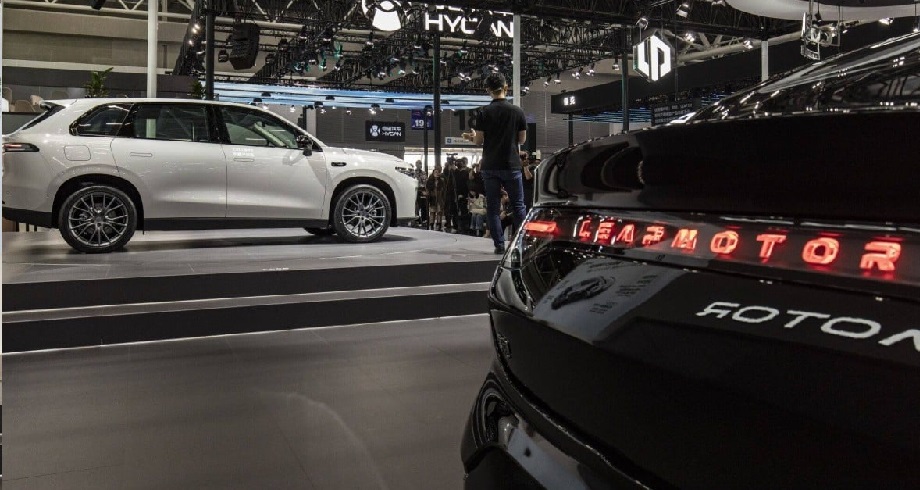A proposed joint venture that would allow Stellantis to build and sell Leapmotor’s electric vehicles outside China has received approval from a Chinese regulator, according to two sources familiar with the matter.
China’s National Development and Reform Commission (NDRC) has given its approval for the joint venture, adding that the deal is still waiting on regulatory approval in other markets.
Stellantis said last October it was buying a 21 per cent stake in Leapmotor in a 1.6 billion dollars deal that would give it a fresh shot at China, the world’s biggest car market by sales, and announced the joint venture.
Under that deal, Stellantis would have exclusive rights to build, export and sell Leapmotor products outside China, a first for a legacy western automaker.
Stellantis would own 51 per cent of the joint venture.
Leapmotor said in a statement to Reuters on Thursday the executive team of the joint venture is in place as C10, the first Leapmotor EV model planned for overseas markets, will soon start sales from Germany, France, Italy and Spain.
Earlier, Leapmotor had said first shipments to Europe would come in the second half of 2024.
Leapmotor didn’t respond to a request for comment on the NDRC approval. And Stellantis declined to comment, and representatives of the NDRC could not be reached.
Last month Stellantis CEO Carlos Tavares said the automaker could build EVs based on Leapmotor technology in Europe, North America or other markets where it needs competitively-priced models to compete with Chinese EV makers.
The proposed joint venture comes amid rising trade tensions between China and the European Union (EU), which is investigating whether Chinese EV makers benefit from unfair government subsidies.
The European Commission said on Wednesday it will start customs registration of Chinese EV imports, meaning they could be hit by retroactive tariffs if the EU’s trade investigation does conclude they receive unfair subsidies.






